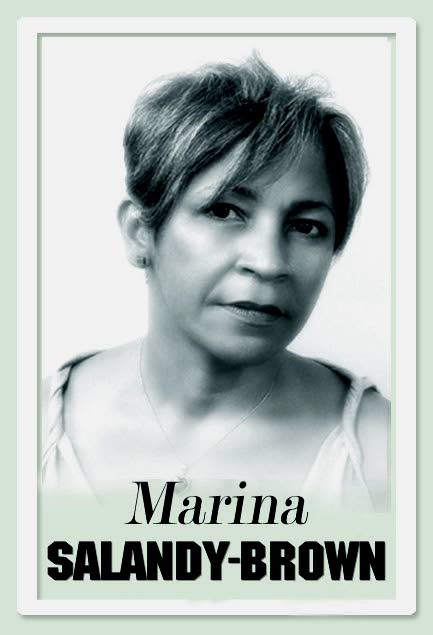Fake food, fake medicine

It was amusing to read about our Agriculture Minister’s outburst at last week’s Food Fraud conference in Port of Spain, a major fraud capital. He was complaining about an outrageous video by a well-known (or should I say notorious?), local, self-styled doctor of natural medicine, in which several unsubstantiated claims of herbal remedies are made, and about our equally outrageous laxness in using the law to protect vulnerable people from that sort of exploitation.
Where do I start? Maybe by pointing out that in the absence of proper health care people will try to help themselves.
We are blessed that we have a national health system of potentially well-equipped hospitals, clinics etc but the quality of the management and patient care is often random. For as many people who are treated and make long lasting recoveries there are horror stories of negligence and bad practice. The tales of woe I hear from the people whose services I employ are often unbelievable, and what surprises me is people’s patience. They abide the most obviously ridiculous medical assessments and interventions, and perhaps life-threatening delays and inconveniences, employing pure stoicism in the face of impossibility.
The worst of it, however, is that we no longer have good diagnosticians. It seems as if medicine relies almost entirely on diagnostic tools and technology, rather than on a profound knowledge of the human body’s workings, with technology in a supporting role. And, therefore, when the “machine break down,” which is frequently, a patient must simply wait it out. No machine, no diagnosis, and the patients seem to accept that.
The most belligerent man or woman becomes a whimpering poodle when the personification of authority, dressed in a white coat, passes down judgement. I say how could you not know when and how? How could you not ask? It is this total lack of self-confidence and knowledge when dealing with health matters that makes it easy for charlatans to earn their bread in the modern self-care environment. The trend is to make us all responsible for our own health by encouraging us to eat well, take exercise, and even to seek out foods that provide omegas and trace elements etc. Many local radio stations and TV channels make a lot of money from selling airtime for health programmes that may or may not be wholesome. I have never heard a caveat provided by the broadcaster to warn listeners, some of whom may be desperate, that the content of the programme has not been approved or proven by any medical or food authority. In countries with a proper broadcasting system and telecommunications authority such irresponsibility would be inadmissible.
My recommendation to the Joint Select Committee on Food Fraud, which has prepared a draft food safety policy to be put out for public comment, is that along with getting related ministries and the Bureau of Standards to the table, it considers the role and duty of the Telecommunications Authority of TT (TATT) in the protecting of the public on the airwaves which TATT licences to operators in exchange for large sums of money.
Having said that, when struck down with ChickV and dengue fever-like illnesses, for which there seems to be no medical help, I was prepared to take risks. I had heard that in India, where a high incidence of dengue occurs, people use the black, bitter juice of a crushed medium-sized papaw leaf. It is my experience that just one teaspoon of the substance hastens recovery. If the vile-tasting liquid compromised my kidney or other vital organ, or predisposed me to some later life-threatening or life-shortening illness, I was beyond caring. I may rue the day in time to come, but not at this stage. Furthermore, there are established medical practices that cannot be defended because of the lack of scientific evidence, yet they can work miracles. I saw a man whose face and neck were disfigured by keloid scarring, which conventional medicine could not cure, totally restored to normal, healthy looking skin through the use of homeopathic remedies.
As for adulterating coconut water with water, and olive oil with some cheaper oil, adding sugar to rum or corn-syrup and sugar to honey, selling crabmeat that never saw a crab, or calling it “bake and shark” when it is not shark, calling tumeric saffron and goods “natural” – which means absolutely nothing at all – we did not invent any of that. Fake everything has been around forever and the growing organic foods sector presents yet another opportunity for the exploitation of those of us who want to eat better. I welcome the minister’s call for a coherent approach. Let’s hope it won’t take too long to achieve.


Comments
"Fake food, fake medicine"